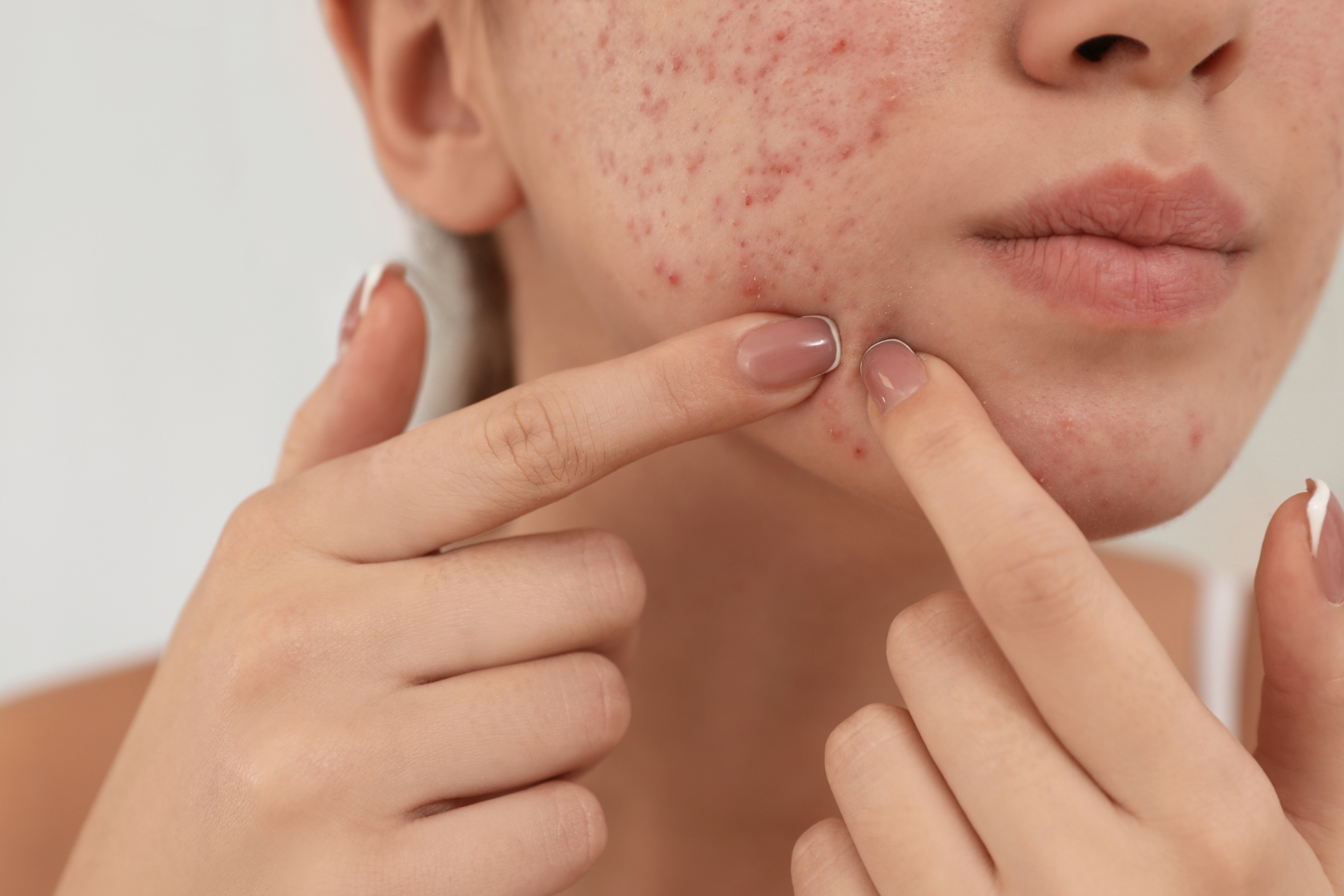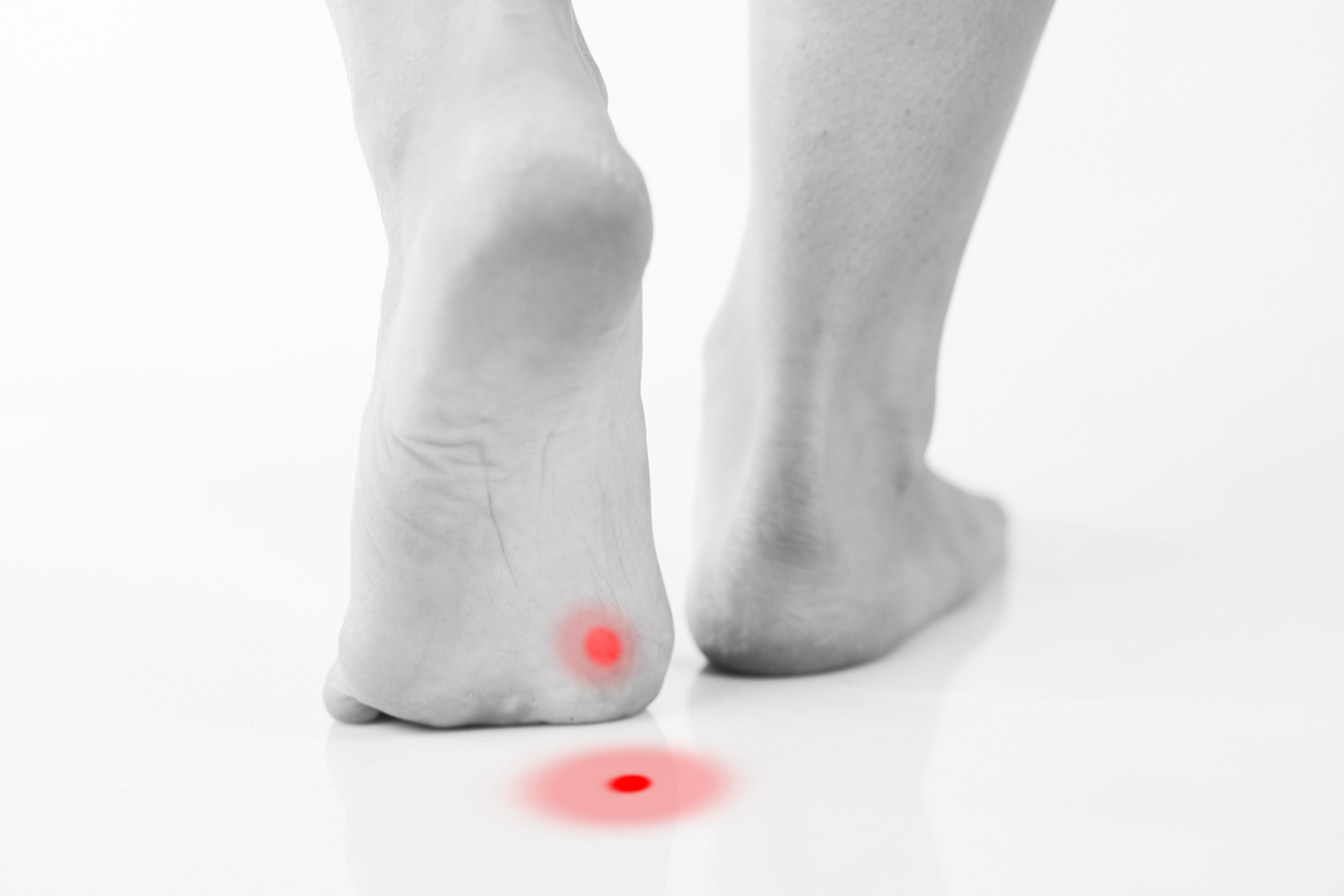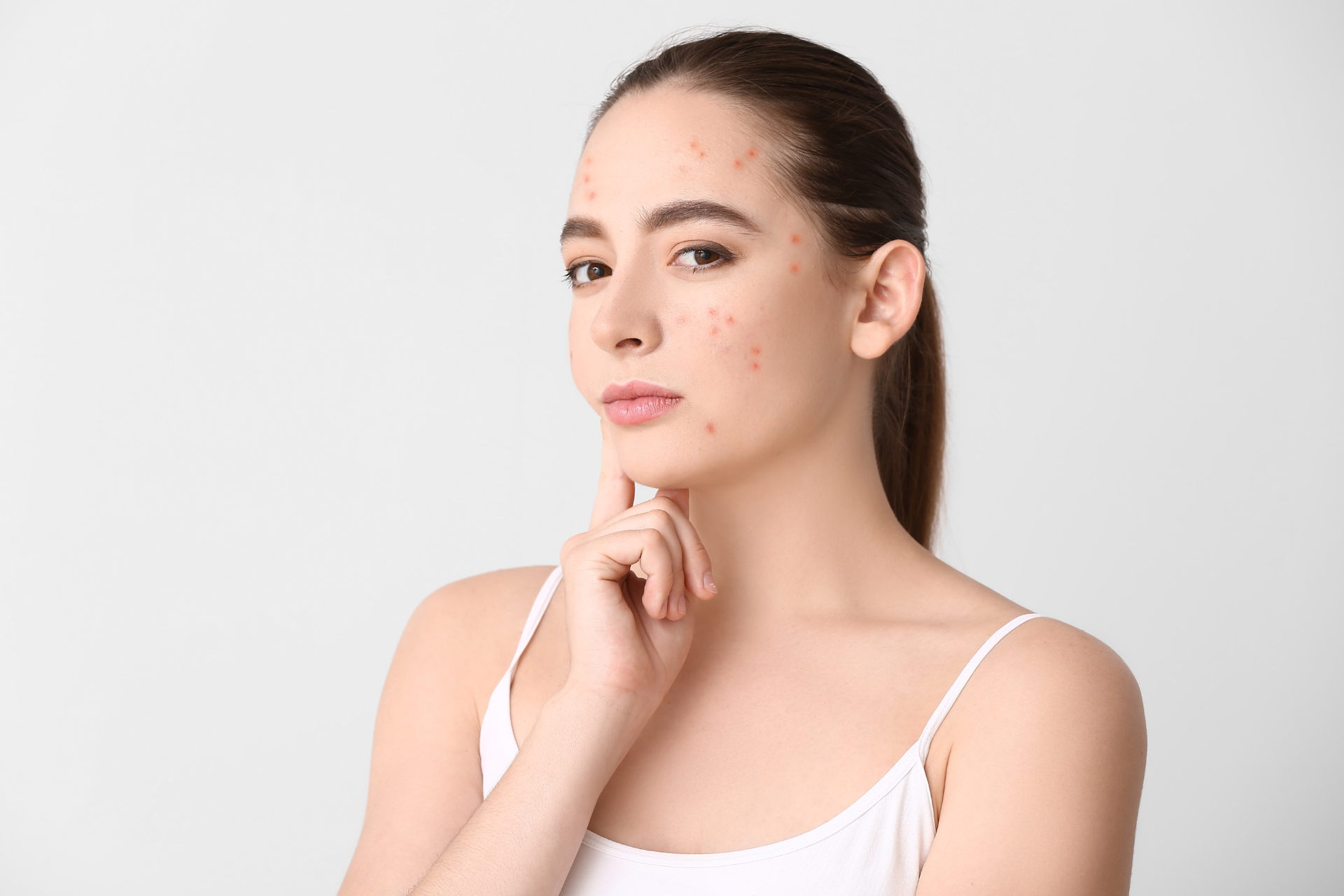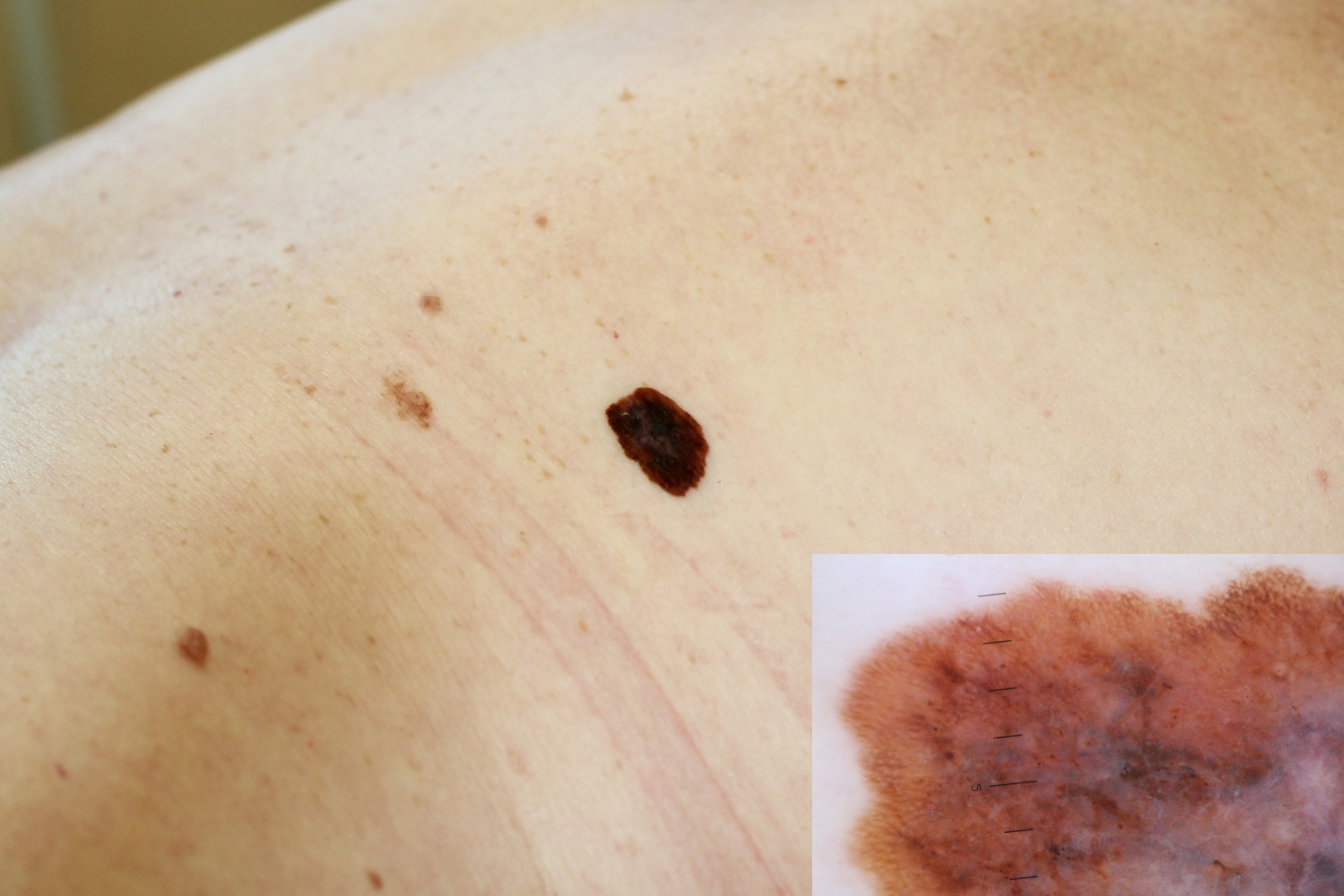The Science Behind Acne: Causes, Treatments, and Prevention Strategies

Acne is a common skin condition that affects millions of people worldwide, regardless of age or gender. Despite its prevalence, there is often confusion about the underlying causes of acne and the most effective ways to treat and prevent it. At Fall Creek Skin and Health Clinic, we believe in the power of knowledge and understanding when it comes to maintaining healthy and clear skin. In this blog post, we delve into the science behind acne, exploring its causes, treatments, and prevention strategies based on the latest research and expert insights.
What Causes Acne?
Acne develops when hair follicles become clogged with oil and dead skin cells, leading to the formation of pimples, blackheads, and whiteheads. Several factors contribute to the development of acne, including:
1. Excess Oil Production
The sebaceous glands in the skin produce an oily substance called sebum, which helps keep the skin lubricated. However, excess sebum production can lead to clogged pores and acne breakouts.
2. Bacterial Overgrowth
Propionibacterium acnes is a type of bacteria that thrives in clogged pores and contributes to the development of acne lesions.
3. Inflammation
Inflammatory responses in the skin can exacerbate acne symptoms and lead to redness and swelling.
4. Hormonal Imbalances
Fluctuations in hormone levels, particularly during puberty, menstrual cycles, pregnancy, and menopause, can trigger acne breakouts.
Effective Treatments for Acne
Treating acne involves a multifaceted approach that targets the root causes of the condition. At Fall Creek Skin and Health Clinic, our dermatologists specialize in customized treatment plans tailored to each individual's skin type and severity of acne. Some common acne treatments include:
1. Topical Treatments
Over-the-counter and prescription-strength topical treatments containing ingredients like benzoyl peroxide, salicylic acid, retinoids, and antibiotics can help reduce acne inflammation and prevent new breakouts.
2. Oral Medications
In severe cases of acne, oral medications such as antibiotics, hormonal therapies, and isotretinoin may be prescribed to target bacteria, reduce inflammation, and regulate oil production.
3. Professional Procedures
Dermatological procedures like chemical peels, microdermabrasion, laser therapy, and extraction of comedones can be effective in treating acne and improving skin texture.
Prevention Strategies for Clear Skin
Preventing acne requires a proactive approach to skincare and lifestyle choices. Here are some key strategies to help maintain clear and healthy skin:
1. Cleansing
Gentle cleansing of the skin twice a day can help remove excess oil, dirt, and dead skin cells that contribute to acne formation.
2. Moisturizing
Using non-comedogenic moisturizers can hydrate the skin without clogging pores, promoting a healthy skin barrier.
3. Sun Protection
Protecting the skin from harmful UV rays with sunscreen can prevent acne scarring and post-inflammatory hyperpigmentation.
4. Healthy Diet
Consuming a balanced diet rich in fruits, vegetables, whole grains, and lean proteins can support skin health and reduce inflammation.
5. Stress Management
Practicing stress-reducing techniques such as mindfulness, yoga, and meditation can help regulate hormone levels and prevent stress-induced acne flare-ups.
At Fall Creek Skin and Health Clinic, we are dedicated to empowering our patients with the knowledge and resources needed to achieve clear and radiant skin. By understanding the science behind acne and adopting a comprehensive approach to treatment and prevention, you can take control of your skin health and confidently face the world with a glowing complexion. Contact us today to schedule a consultation and discover personalized solutions for your skincare needs.
In conclusion, acne is a complex skin condition with multiple contributing factors, but with the right knowledge and guidance, it is possible to effectively manage and prevent breakouts. Stay informed, stay proactive, and prioritize your skin health with the expert care and support available at Fall Creek Skin and Health Clinic.




